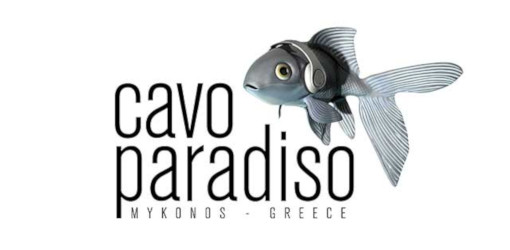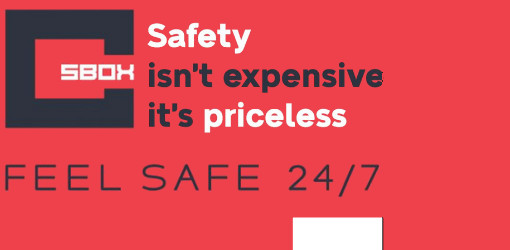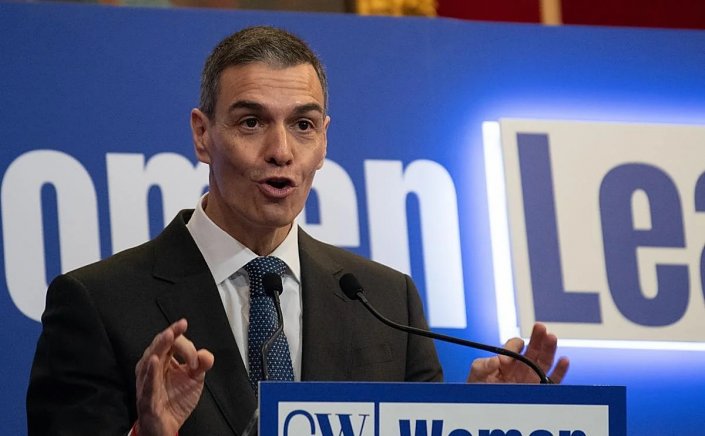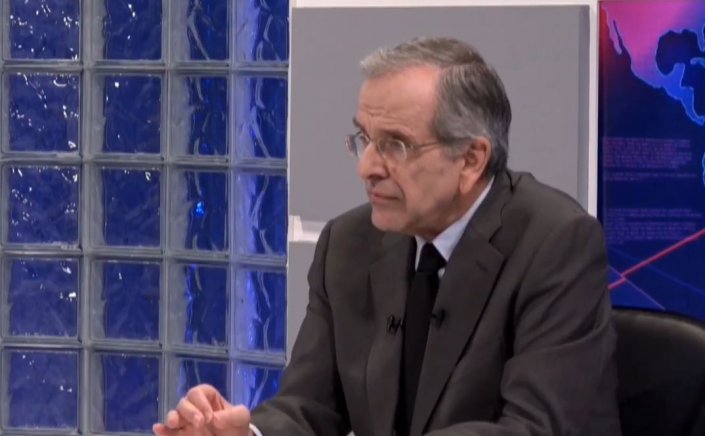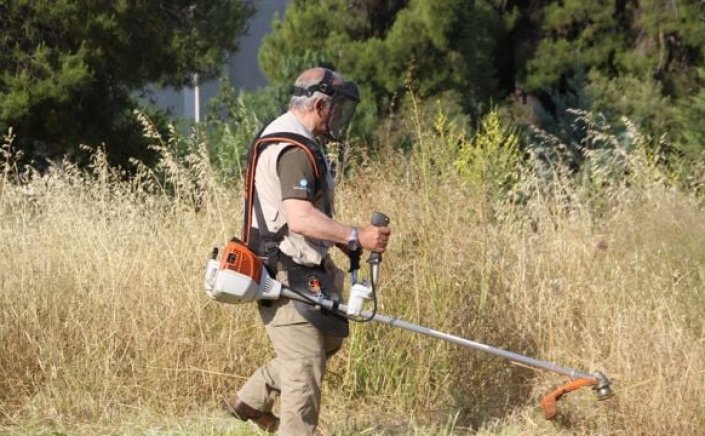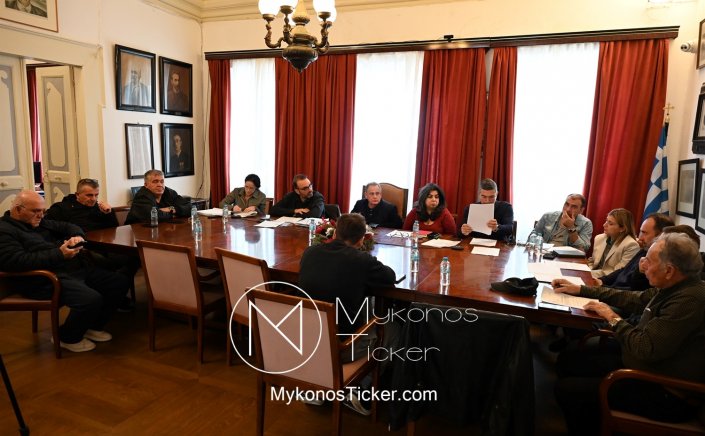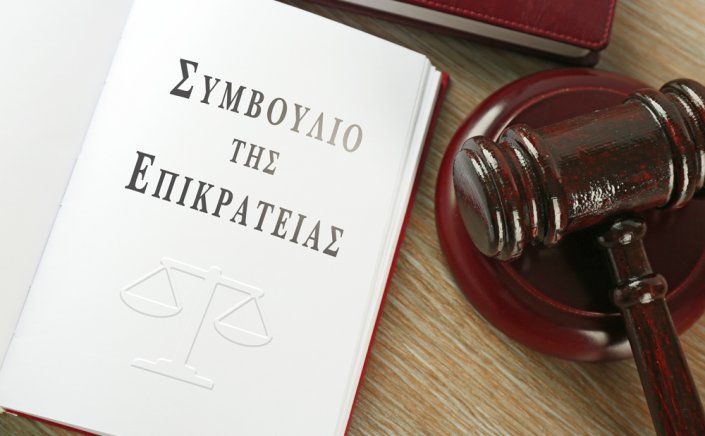Teaching about economic crises strengthens critical thinking and resilience among young people
History teaching in 17 European countries studied in new Council of Europe report


Teaching about economic crises in history lessons helps develop students’ critical thinking skills, resilience and understanding of democracy is a core finding of the “Economic crises in history teaching” report by the Council of Europe Observatory on History Teaching in Europe. This conclusion is based on analyses how 17 countries address economic crises in school curricula, textbooks and classrooms.
Highlights of the report
The second thematic report by the Council of Europe Observatory on History Teaching in Europe (OHTE), released today, shows that teaching about economic crises in history lessons helps develop students’ critical thinking skills, resilience and understanding of democratic processes.
The thematic report, “Economic Crises in History Teaching”, analyses how 17 countries address economic crises in school curricula, textbooks and classrooms. It explores how students learn about the causes and consequences of events from ancient times, through the Great Depression to the 2008 global financial crisis — and how these lessons shape their civic outlook and democratic competences.
Key findings
- Economic crises are part of national history curricula in all 17 countries studied, and in 16 they are a compulsory topic.
- The Great Depression is the most widely taught example, often serving as a gateway to discuss social inequalities, political instability and democratic responses.
- Teachers report that the topic helps students connect economics, politics and society, fostering analytical and critical thinking skills.
- However, they also call for more interdisciplinary approaches and adequate educational resources to explore the human and social impact of crises.
- The report highlights that learning about past crises helps students resist simplistic or scapegoating narratives and prepares them to evaluate today’s economic and political choices critically.
A tool for democratic renewal
The report underlines that teaching economic crises through history promotes essential competences defined in the Council of Europe’s Reference Framework of Competences for Democratic Culture — including empathy, openness to others, cooperation, and tolerance of ambiguity.
“At this moment of increasing inequality, social division and polarisation, the focus of this year’s conference on economic crises is very timely, and I welcome the Observatory’s comprehensive thematic report on the subject,” said Bjørn Berge, Deputy Secretary General of the Council of Europe. “Crises in public finances and national currencies, and rising inflation have caused economic instability in numerous European countries. This has been closely linked to rising social inequalities, xenophobia and the questioning of our political institutions’ ability to deliver what people expect and hope for. This report also clearly demonstrates that learning history contributes to young people’s ability to appreciate complexity and resist the lure of simple narratives.”
Presentation of the report
The report will be presented during the OHTE 5th annual conference – “History at all costs?”, from 9 to 10.30 am (CET) on 17 October, in a plenary session titled “Economic Crises in History Teaching: What Supply, What Demand?”.
During this session, the report’s findings will be discussed with an audience composed of politicians, academics, and a large number of students from across Europe, fostering an open exchange on how history education can better prepare young people to face contemporary challenges.
